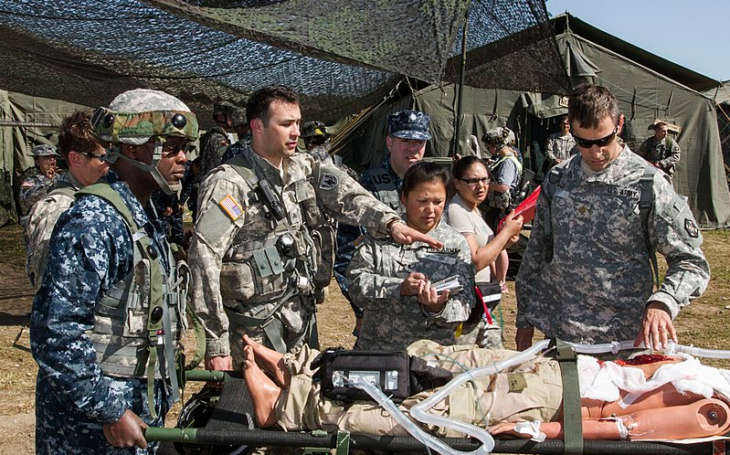Ross Douthat recently had this to say:
It’s always been the case that a liberal society depends for unity and vigor on not entirely liberal forces — religious piety, nationalist pride, a sense of providential mission, a certain degree of ethnic solidarity and, of course, the fear of some external adversary. Liberalism at its best works to guide and channel these forces; liberalism at its worst veers between ignoring them and being overwhelmed by them.
I have two problems with this claim. First, the liberal societies of northern Europe seem relatively successful, despite lacking a high level of religious piety, nationalism or “providential mission”. But my bigger complaint is that Douthat seems to use the term nationalism synonymously with patriotism. People who defend nationalism this way remind me of those who say, “What’s wrong with socialism; look at Denmark”. (Denmark has one of the most free market economies in the world; even the fire departments have been privatized.)
Nationalism as a political movement is very distinct from patriotism. The post-1990 nationalists in Yugoslavia did not “love their country”; they set out to destroy it. Serb, Croat, Bosnian, and Slovenian nationalists tore apart Yugoslavia. Hindu nationalists seem determined to destroy the tolerant, multi-cultural India set up in 1947. Hungarian nationalists feel closer to ethnic Hungarians in Romania than to Roma people in their own country. The same is true of Han nationalists in China. In the 1930s, German nationalists felt no solidarity with German Jews.
The Americans who fought in WWII were motivated by patriotism, not nationalism. Our armies contained a diverse mix of ethnicities that lacked what Douthat calls “ethnic solidarity”, and defeated two military powers that were very much motivated by nationalism, by ethnic solidarity. When I was young, WWII films actually highlighted this ethnic diversity. In school, we were taught how nationalism had led to the two world wars.
Some people claim that Ukrainian patriots are “nationalists”. In fact, Russian nationalism is the cause of the current war. Ukrainian patriots wanted their country to join the European Union, perhaps the least nationalist organization in all of human history. Ask the British nationalists that pushed Brexit what they think of the EU. Indeed, one of Putin’s foreign policy goals is to destroy the EU.
I’m not interested in dictionary definitions of nationalism (or capitalism or communism.) Actual existing nationalism is not patriotism. Rather it is:
1. Fake history, which glorifies the past and denies a country’s past crimes
2. Bigotry against minority groups (and in many cases misogyny)
3. Protectionism
4. Opposition to immigrants
5. Authoritarianism
6. Militarism
7. Intolerance of alternative lifestyles
These are the things to expect when nationalists take power.
Douthat is correct that liberalism requires a certain level of solidarity. People are not robots. But it is important to distinguish between the positive solidarity that comes from patriotism and the negative solidarity that comes from nationalism. Patriots come from all races and creeds.
